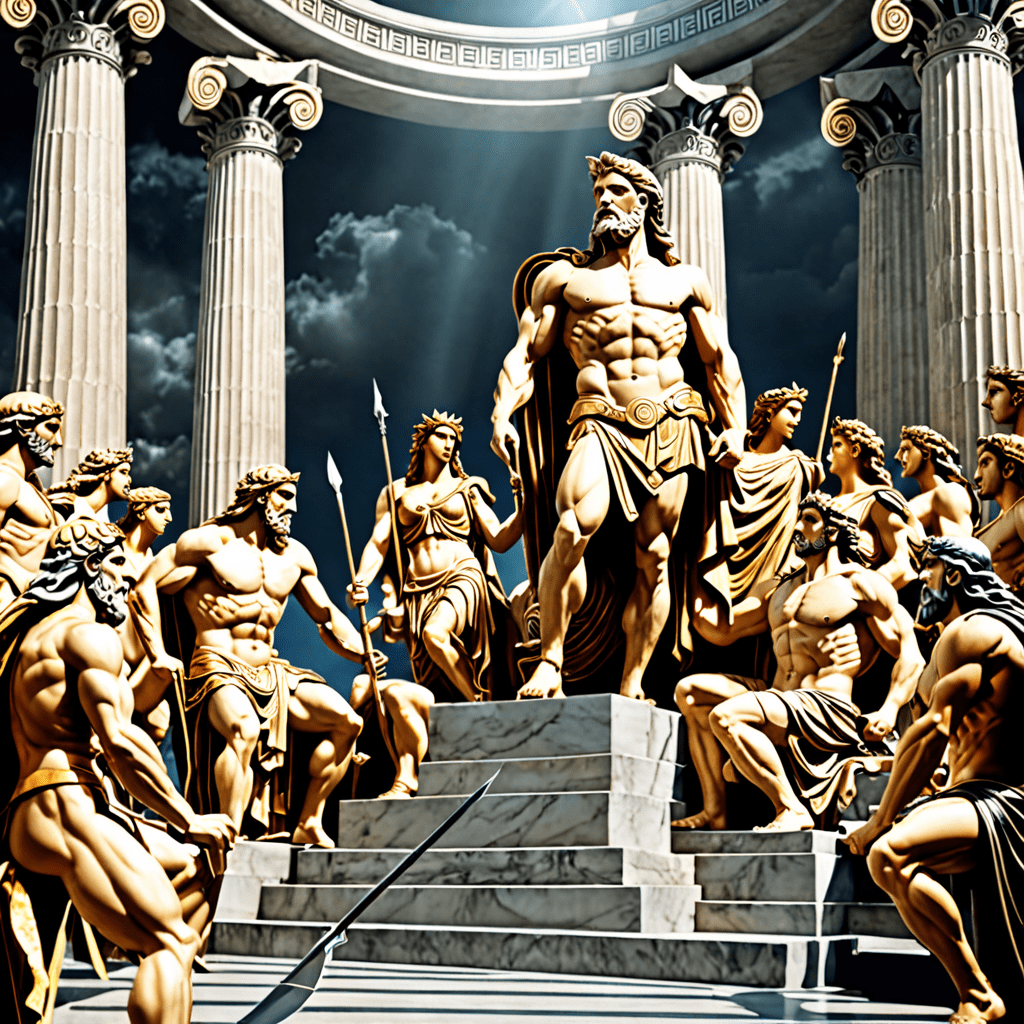The Representation of Leadership in Greek Mythology
The Concept of Leadership in Greek Mythology
In Greek mythology, the concept of leadership is often closely intertwined with the characteristics of gods, goddesses, and heroes. Leaders in Greek myths are typically portrayed as individuals with extraordinary strengths, intelligence, and sometimes flaws. They often exemplify qualities that ancient Greeks admired in their leaders, such as courage, wisdom, and strategic thinking.
Examples of prominent leaders in Greek mythology include Zeus, the king of the gods and the ruler of Mount Olympus; Athena, the goddess of wisdom and warfare known for her strategic prowess; and Odysseus, the cunning hero of the epic poem “The Odyssey.”
Leadership Lessons from Greek Mythology
Through characters and stories in Greek mythology, various leadership lessons are imparted. These myths often highlight the importance of courage in making tough decisions, the value of intelligence and cunning in leadership, and the consequences of hubris or excessive pride.
For instance, the story of Daedalus and his son Icarus warns against overconfidence and the disregard for advice from wiser individuals, showcasing the downfall of Icarus due to his arrogance.
Gender and Leadership in Greek Mythology
Gender plays an interesting role in the representation of leadership in Greek mythology. While male gods like Zeus and heroes such as Hercules are often depicted as powerful leaders, there are also strong female characters who demonstrate excellent leadership qualities.
Athena, as the goddess of wisdom and strategic warfare, is revered for her leadership abilities. Additionally, figures like Queen Hippolyta of the Amazons and Hera, the queen of the gods, display assertiveness and resilience in their leadership roles.
Impact of Greek Mythological Representations on Modern Leadership
The portrayal of leadership in Greek mythology has left a lasting impact on modern leadership theories and practices. The emphasis on traits like courage, intelligence, and humility continues to be valued in contemporary leadership development.
Lessons from Greek mythology urge leaders to learn from past mistakes, exercise prudent decision-making, and embrace a sense of responsibility for their actions and their followers.
FAQ – The Representation of Leadership in Greek Mythology
What are some examples of leadership in Greek mythology?
In Greek mythology, notable examples of leadership include Zeus, the king of the gods and ruler of Mount Olympus; Athena, the goddess of wisdom, strategic warfare, and heroic endeavour; and Odysseus, known for his cunning intelligence and leadership skills in Homer’s epic, the Odyssey.
How is leadership portrayed in Greek mythology?
Leadership in Greek mythology is often depicted as a combination of strength, wisdom, courage, and strategic thinking. Leaders are expected to make difficult decisions, guide their followers, and protect their communities from threats.
What lessons about leadership can be learned from Greek mythology?
Greek mythology teaches us the importance of fairness, integrity, resilience, and vision in effective leadership. Leaders must be just, inspire loyalty, adapt to challenges, and have a clear sense of purpose to succeed.




